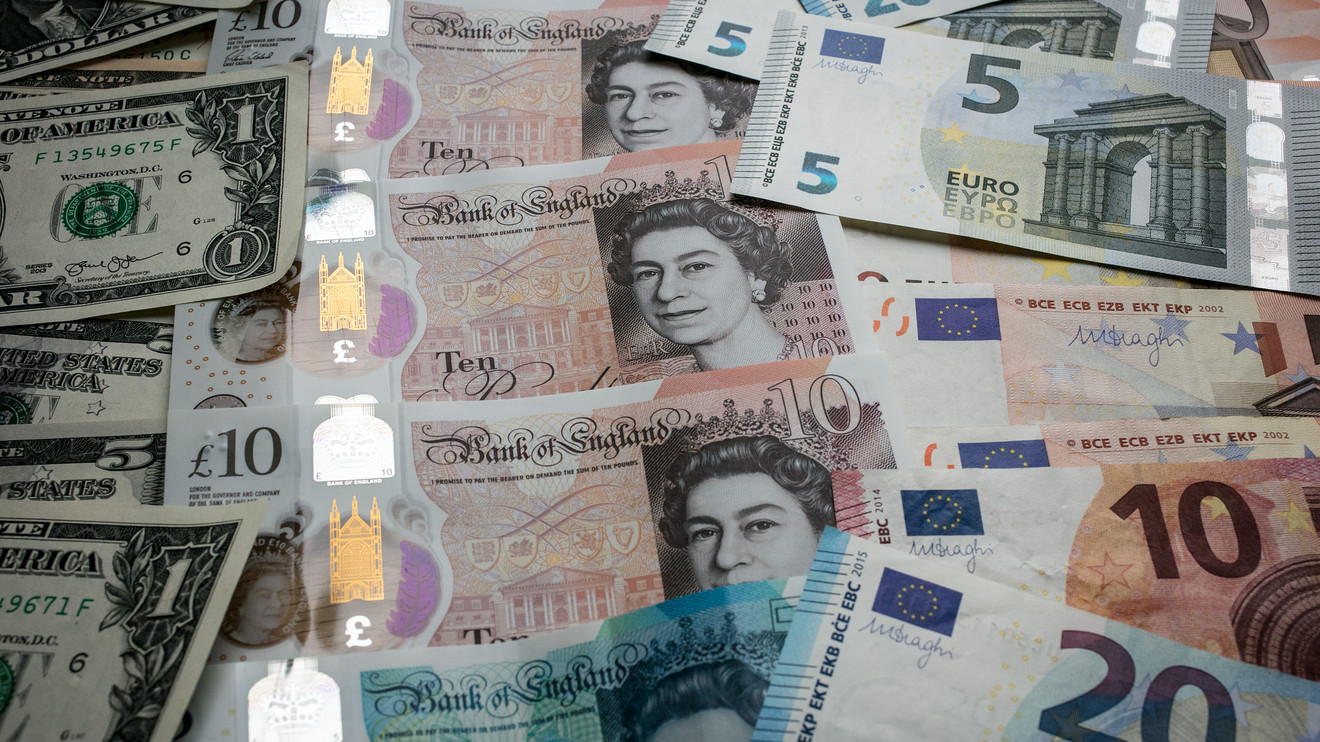The U.S. dollar sold off versus its major rivals early Friday in New York, after Federal Reserve Vice Chairman Richard Clarida offered some dovish comments. The ailing buck gave more room to rebound to the British pound, which recovered from its worst one-day performance in more than two years on Thursday.
Clarida said in an interview with CNBC offered a more dovish view on the Fed’s path to monetary policy normalization, but said that central bank’s pace of rate hikes wasn’t too fast. Clarida also said the global economy showed signs of slowing.
The U.S. dollar weakened following the comments, with the ICE U.S. Dollar Index DXY, -0.63% dipping 0.5% to 96.445. The gauge is on track for a 0.5% decline for the week, according to FactSet.
Meanwhile, the “anti-dollars”, the British pound and the euro, benefited from the buck’s weakness.
Sterling GBPUSD, +0.5793% bounced back from the sharp loss incurred Thursday on the back of further government resignations over Brexit. Sterling, which logged its worst performance since October 2016 on Thursday, according to Dow Jones Data Group, was up at $1.2865, up from $1.2774.
Michael Gove said Friday he wouldn’t resign his position as environment secretary, quelling speculation—for the moment—of another high-profile departure. News reports said Gove had turned down an offer from May to replace Dominic Raab as the government’s top Brexit negotiator. Raab resigned Thursday.
Check out: These are the latest resignations from the U.K. government that rattled investors
But new Brexit secretary or not, the outlook remains uncertain after multiple calls for a vote of no confidence in Prime Minister Theresa May were made Thursday. Investors are also concerned about the likelihood of May getting an agreement with Brussels through parliament in next month’s Brexit bill vote. In case of a “no” vote, the options would be a “no-deal” Brexit, new elections or a second referendum.
Don’t miss: Here’s how much Brexit turmoil might whack the British pound, analysts predict
In continental Europe, the euro EURUSD, +0.5736% last bought $1.1405, slightly up from $1.1332 late Thursday in New York.
Versus the pound, the shared eurozone currency EURGBP, +0.0338% was little changed at £0.8867
Harmonized eurozone inflation increased 2.2%, in line with expectations, year-over-year in October, while core inflation stood at 1.1% over the same period. European Central Bank President Mario Draghi said in a speech earlier that eurozone inflation could be negatively affected by businesses dealing with uncertainties. The ECB is expected to begin raising interest rates, for which rising inflation is a key condition, around summer next year.
Speaking of interest rates, Mexico’s central bank upped its key rate by 25 basis points to 8% Thursday, in line with consensus expectations. Mexico’s peso USDMXN, -0.2625% is a popular emerging market currencies, in part due to its high local interest rates. One dollar last bought 20.2153 pesos, versus 20.2293 pesos late Thursday.
Want news about Europe delivered to your inbox? Subscribe to MarketWatch’s free Europe Daily newsletter. Sign up here.
